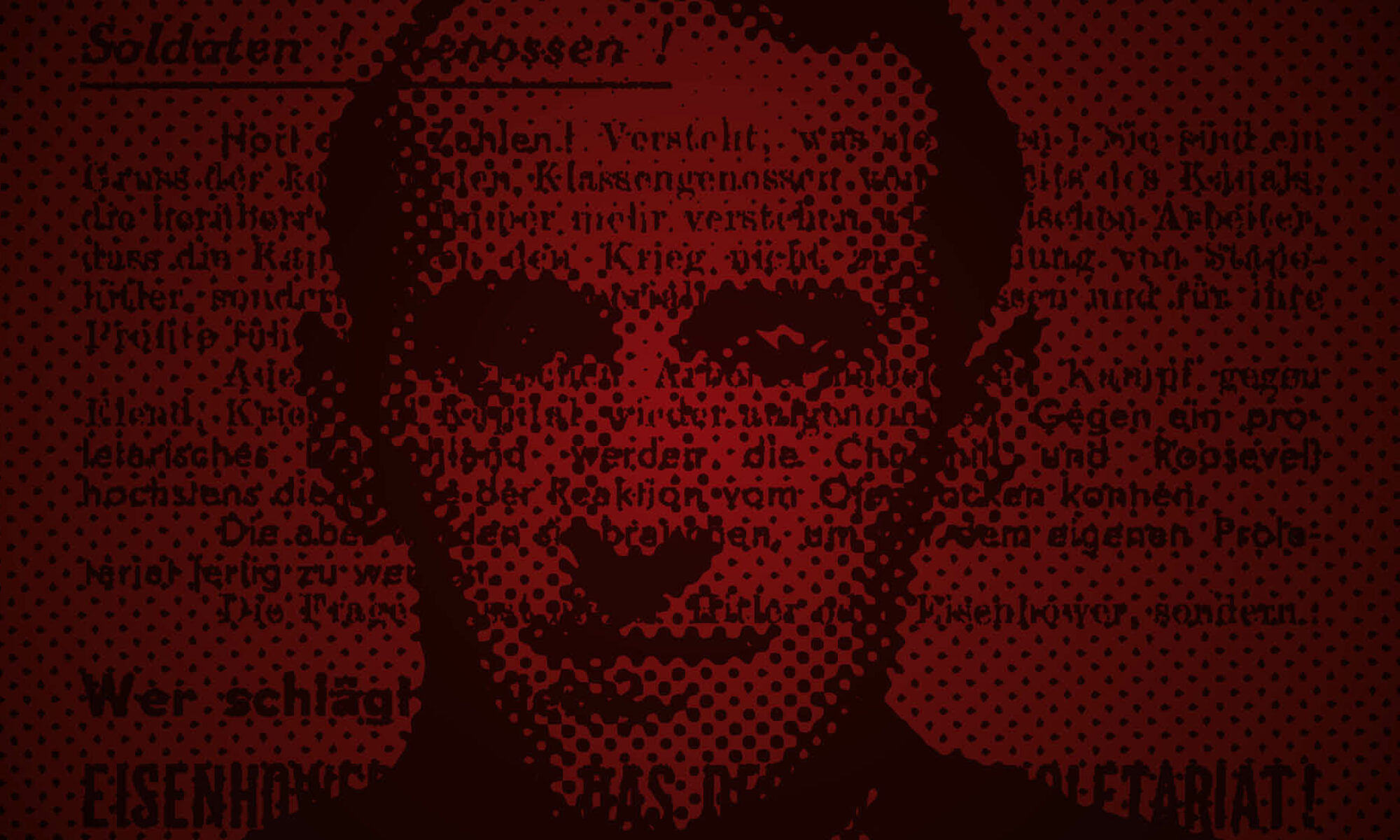Martin Widelin — member of the European Executive Committee of the Fourth International, assassinated by the French-German Gestapo in Paris two years ago on July 22 — was one of the great figures of the revolutionary movement of our time.
A German himself, he was a lifelong foe of German capitalist reaction and fascism. He fought against the Nazis before they came to power and then afterward, both inside Germany and in the countries occupied by them. He was a living refutation of the foul slander that the German working class was responsible for Hitlerism. As such, he inspired both Belgian and French workers and German soldiers to struggle against Hitlerite oppression.
Opposition to Nazism was not unusual in Europe. But the anti-fascism of Widelin and his comrades was something unique. For their opposition was conducted throughout in the spirit of internationalism.
They did not unite with the agents of Allied capitalism around the nationalist slogan of “Death to the Boche!” — as the Stalinists and “Socialists” did. On the contrary, Widelin and his co-workers in all countries sought to unite the masses of the occupied countries with the German soldiers in the occupying armies in a joint struggle against their common oppressors. Fraternization was their method, for they knew that only through fraternization could the struggle against Hitlerism have a successful revolutionary outcome. As a consequence, the Gestapo placed a higher price on the head of Widelin than it did on many an Allied general.
Widelin’s work was exceedingly dangerous. It was far easier to stick a knife between the ribs of a German soldier on a dark night than to meet that same German in the daytime, win his confidence and enlist him in the ranks of the revolutionary fighters against fascism. But difficult though this work was, Widelin carried it out with growing success until the day of his death.
In close cooperation with French and Belgian Trotskyists, he helped to establish a network of Fourth Internationalist cells within the Wehrmacht. This work was so effective that the Gestapo dispatched a special commission to Paris to destroy the Trotskyists. In one German unit alone, more than 30 soldiers were executed as Trotskyists after a stoolpigeon had been introduced into their midst.
Widelin’s greatest achievement was Arbeiter und Soldat (Worker and Soldier), illegal German paper which he founded and edited under the direction of the European Secretariat of the Fourth International.
To be caught with a copy of this paper meant horrible torture and certain death. Yet it circulated from France where it was printed in the underground all the way back through Belgium into Germany itself. And — as the British Trotskyist paper, Socialist Appeal, reported recently — copies made their way to the distant German garrisons in Italy. (Despite many raids, the Gestapo never discovered the press on which Arbeiter und Soldat was printed.)
Among Widelin’s other contributions was the role he played in helping to prepare the historic European Conference of the Fourth International in February, 1944, to which he was a delegate and by which he was elected as a member of the European Executive Committee.
Widelin’s murder was a great blow to the Fourth International and above all to its German section. If he were ALIVE today, we know that he would again be inside Germany, fighting to end the Allied oppression of that country. But not in any nationalist spirit! He would be passionately organizing the German workers for independent struggle, he would be actively working among the Allied soldiers trying to win their sympathy and support. His method would still be fraternization. His slogan and goal would still be the one for which he gave his life — the Socialist United States of Europe and the whole world.
Quelle: The Militant. Vol. X. No. 29. July 20, 1946. S. 3.
